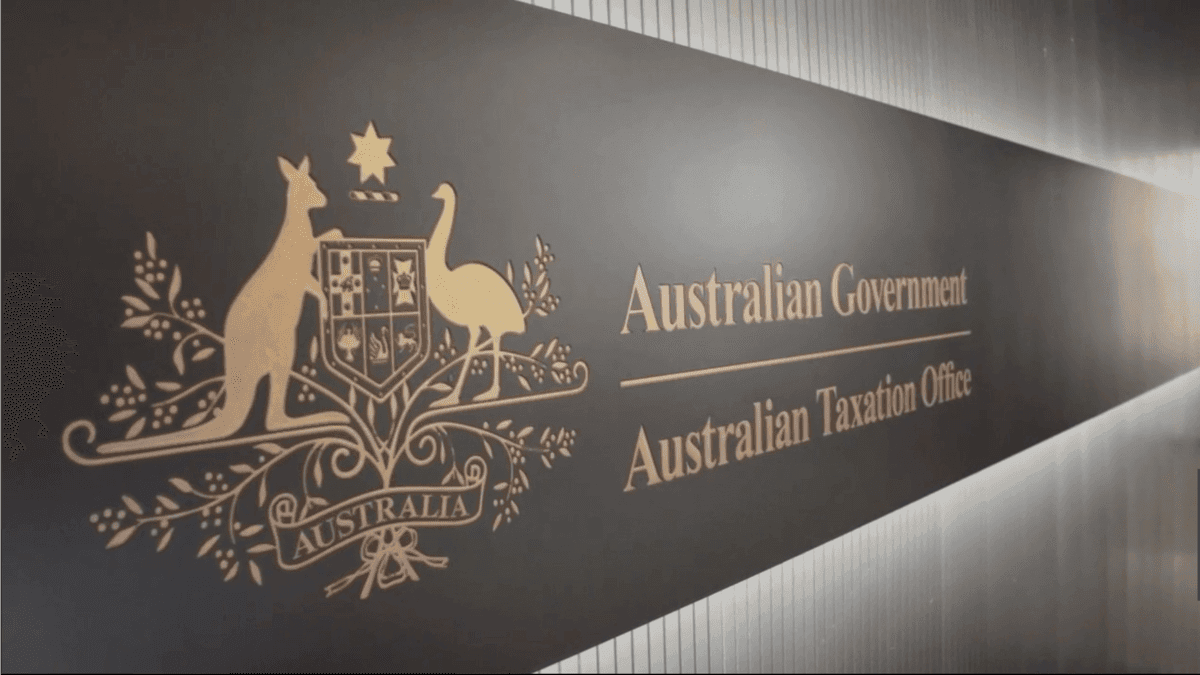The Australian Taxation Office (ATO) is cautioning businesses to address their tax and super obligations prior to exposing their debts to credit reporting agencies.
As of July 2023, as part of its return to normal debt collection operations, the ATO has issued Notices of Intent to disclose tax debts to over 22,000 businesses with overdue tax debts exceeding $100,000, outstanding for more than 90 days.
In the coming month, over 9,000 businesses are anticipated to have their debts made public.
According to ATO Assistant Commissioner Jillian Kitto, the sole way to prevent a business’s tax debt from affecting their credit rating is by paying or engaging with the ATO. She stated, “We are eager to collaborate with businesses to help them manage their debts. We encourage anyone with a debt to contact us promptly.”
“We provide businesses with ample opportunities to reconnect with us. However, those who persistently disregard their tax and super obligations will have their debts disclosed. While we take this step seriously, there will be consequences for businesses that refuse to pay or cooperate with us.”
To prevent disclosure, businesses must settle their debt or establish a suitable payment arrangement within 28 days of receiving the Notice of Intent to disclose.
A disclosed debt can hinder a business’s ability to secure financing and may lead to supplier loss. The ATO foresees issuing more than 50,000 Notices of Intent in the 2023-24 fiscal year.
Ms. Kitto remarked, “During the pandemic, our focus shifted from debt collection to providing stimulus payments and tax assistance. However, the time has come to reestablish a culture of timely tax payment.”
She added, “There is over $5 billion owed by businesses who currently meet the criteria for disclosure. We must draw a line in the sand to protect the Australian community and other creditors, and to ensure a level playing field for businesses who do the right thing.”
“If you have an outstanding tax debt, we strongly urge you to pay it or reach out to us or your tax professional so we can provide the right support,” Ms Kitto concluded.
Keep up to date with our stories on LinkedIn, Twitter, Facebook and Instagram.

